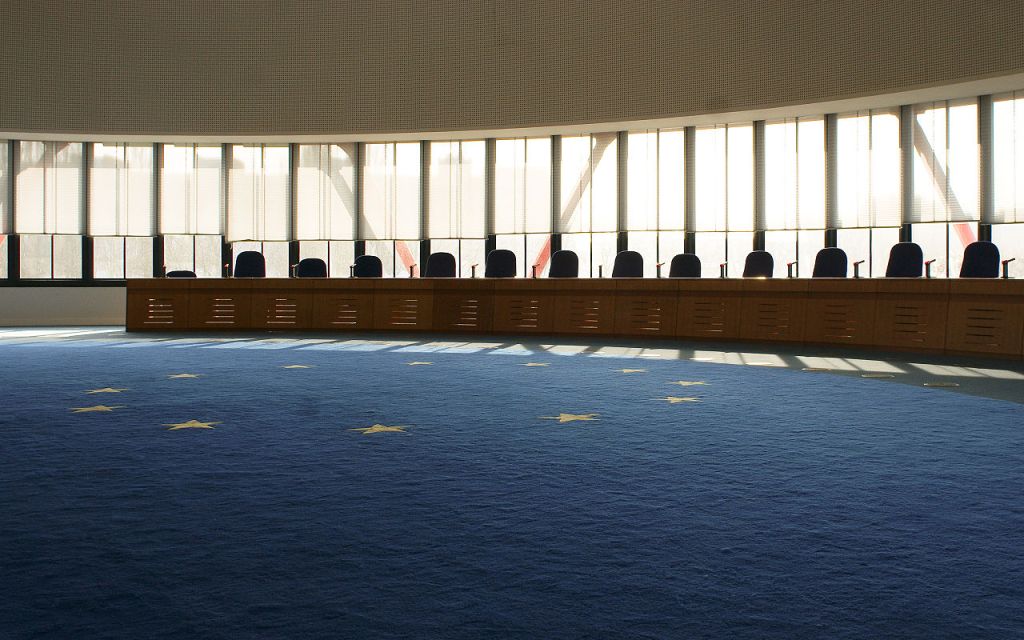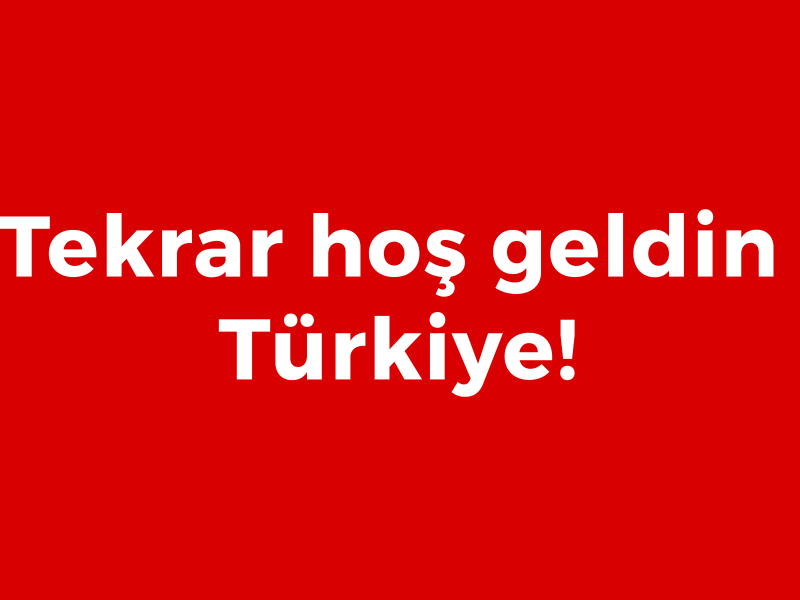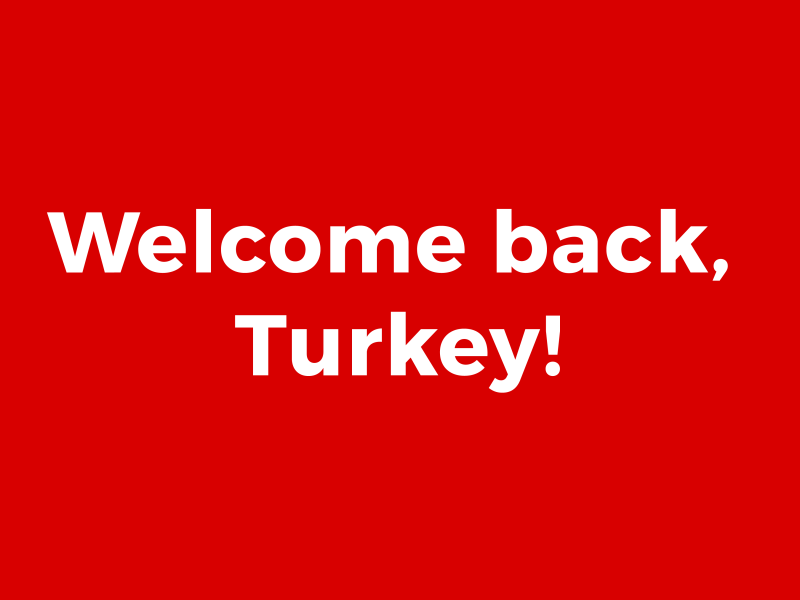Today, the European Court of Human Rights announced that it is dismissing the Wikimedia Foundation’s 2019 petition to lift the block of Wikipedia in Turkey. The case was dismissed because access to Wikipedia was restored by the Turkish government in January 2020 and the block was already determined to be a human rights violation in the Turkish Constitutional Court’s December 2019 ruling. The Court believes that the Turkish Constitutional Court can for now effectively address future problems related to violations of free expression online.
“We respect the Court’s decision given that our primary goal of restoring access to Wikipedia in Turkey has already been achieved,” said Stephen LaPorte, Associate General Counsel of the Wikimedia Foundation. “We thank the Court for their attention on this issue and would like to once again celebrate that Turkey’s more than 80 million people have unrestricted access to Wikipedia.”
In its decision, the Court emphasized that governments must acknowledge (explicitly or in substance) violations to the European Convention on Human Rights and then address the issue accordingly. The Court did find that the Turkish government had effectively done so in this case by restoring access to Wikipedia after the Turkish Constitutional Court’s 2019 ruling and, in combination with its other past cases, had outlined clearer criteria for addressing website blocking in the future. Additionally, the Court provided guidance that the over two years taken by the Turkish Constitutional Court to address the violation may in the future be seen as an excessive delay for governments to take action in cases of website blocking.
The ruling comes following a petition filed with the Court in April 2019 by the Wikimedia Foundation, the nonprofit that operates Wikipedia. Established in 1959, the Court is the international human rights court which enforces the European Convention on Human Rights. Turkey is a long-standing party to the Convention.
In April 2017, the Turkish government blocked all language editions of Wikipedia in Turkey. The move denied more than 80 million people in the country access to free knowledge and prevented them from sharing their history, culture, and experiences with the world. After exhausting domestic efforts to restore access, the Wikimedia Foundation turned to the European Court of Human Rights in April 2019. The Foundation contended that the blanket ban of Wikipedia violated fundamental freedoms, including the right to freedom of expression, as guaranteed by Article 10 of the European Convention. The case was granted priority by the Court.
In January 2020, access to Wikipedia was restored in Turkey, following a ruling by the Constitutional Court of Turkey acknowledging in substance that the block of Wikipedia violated both the Turkish Constitution and the European Convention on Human Rights. The European Court of Human Rights was asked to evaluate the Turkish law that was used as a basis to block access to Wikipedia and examine whether that law violated free expression.
The European Court of Human Rights’ decision comes at a time when access to knowledge continues to be under threat around the world, including in Russia where authorities recently demanded the removal of Wikipedia content related to the Russian government’s invasion of Ukraine. The Wikimedia Foundation will continue to defend the right of everyone to freely access and participate in knowledge.
Wikipedia is built on the idea that knowledge belongs to everyone—that information should be freely accessible, without restriction, and that everyone should be able to freely participate in the creation of our historical record.
Today, Wikipedia is read more than 6,000 times every second by people around the globe. Its more than 55 million articles across over 300 languages provide knowledge across a wide array of topics, from major current events to the history of ancient civilizations. More than 280,000 volunteers around the world work together to write, edit, and update articles in real time, using reliable sources to verify the facts. Through this open, editorial process, articles become more neutral and reliable over time, ensuring topics are covered from all sides and established in fact-based sources.
Since the block has been lifted in Turkey, Turkish Wikipedia is thriving again. It has grown to include more than 474,000 articles, edited by a community of 8,000 Turkish-speaking volunteers every month. Wikipedia and Wikimedia projects are viewed more than 150 million times a month in Turkey. Thanks to efforts led by a local group of volunteers, students across several Turkish universities are contributing Wikipedia articles as part of their course requirements, and museum professionals in Turkey are learning how to add their knowledge to Wikipedia.
The Wikimedia Foundation is represented by Can Yeginsu of 3 Verulam Buildings in London, and Gönenç Gürkaynak at ELIG Gurkaynak Attorneys-at-Law in Istanbul. We wish to express our enthusiastic appreciation for their counsel over the last five years.



